KAMPALA – The Ugandan government is set to implement a new policy that will require all preachers in the country to have theological training before opening up a church.
According to the Minister of Ethics and Integrity, Fr. Simon Lokodo who says some Church leaders are misleading their flock to abandon medicine, drop out of school or sell their property for wrong motives, the new policy is now in the advanced stages of formulation.
Fr Lokodo told a state linked new daily the new policy will also seek to enforce transparency and financial accountability in religious and faith based institution in the country.
The new policy will require all religious institution to register under one institution to be distinct from other non-government organisation, and will present formal procedure for anybody who wants to start a Church.
“The person will, among other things, be required to declare their source of income, whether locally and internationally sourced,” Fr Lokodo said, emphasising that government want to bring sanity in religious institutions and that this new policy does not seek to target any particular religion or church, or curtailing the freedom of worship incorporated in the constitution.
He told the New Vision some religious leaders in the country are taking advantage of “loopholes” in the existing laws to manipulate Ugandans and extort money from them.
Popular television evangelist Apostle Alex Mitala told the New Vision the new policy is being rushed and that the idea of having a certificate in theology needs time.
“There is no problem with accounting for the resources in a Church, but the problem is with the certificate of theology,” he was quoted as saying.
Mitala who is an elder at the National Fellowship of Born-again Pentecostal Churches in Uganda expressed concern that the new policy “appears to be targeting the Born-again Pentecostal churches.”
We learnt that the same policy will extend to the Muslim community in the country.
At the beginning of this year, Rwandan lawmakers enacted new laws in sync with what the Ugandan government seeks to establish.
“We simply require churches to meet modest standards and all preachers to have theological training before opening a church.” Rwanda President Paul Kagame said earlier in September.
The new rules led to the closure of most Pentecostal churches where charismatic preachers draw huge followers. In response to the shutdowns, numerous worshipers decided to conduct their worship services in their homes.
According to the New Vision, the Ethics ministry started developing the policy in 2009 and was reportedly carried out with stake holders including the SDA, Muslims, Othodox Church, Church of Uganda, Catholic Church, Baha’is, and Born Again Churches.
Last year, officials had announced a Religion and Faith-Based Organizations (RFBO) draft policy by government aimed at regulating churches.
Amid overwhelming criticism, the Presiding Apostle of the Born Again Faith Federation in Uganda, Dr. Joseph Serwadda came out to addressed the controversies saying “the state can and has the right to put in place guidelines for anything it considers useful to societal growth for common peaceful co-existence with others of like spirit.”
“There are scores of self proclaimed and media-created pastors/”ministers” previously registered as NGOs which cannot point at a church they have established! These have turned into wolverine critics of Balokole Churches, but cannot point at a church they attend, let alone one they pastor!” Dr Serwadda said at that time.
“Of recent, there are those who have ashamed Uganda in the outrageous incidents of infidelity, unchastity and theological error. Amazingly and so comforting, is the fact that these problems are not unique to Born again Churches, but spill over to other faiths as well. Only a formidable legal system can address these matters and cause order in Uganda’s religious chaos,” he added.
Responding to Dr Serwadda’s remarks, Pr Michael Kyazze of Omega Healing Centre said “there is no manner of organization or law that will regulate faiths and their practices without it becoming discriminative and oppressive.”
“Whether the law is beautiful and acceptable today, I resist it because of what it is going to become and the resultant subculture, patterns and allegiances it will force us into in order to fit under it and to serve the political powers that will be existing. Good intentions can become bad mistakes,” Kyazze said.
When contacted by media reporters In regard to this new policy, Dr Serwadda said “he was aware of it.” He however declined to comment until it was issued.


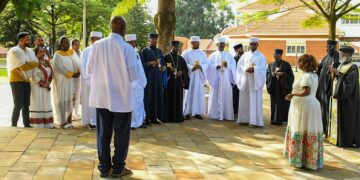

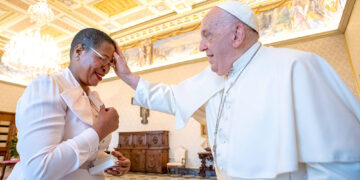

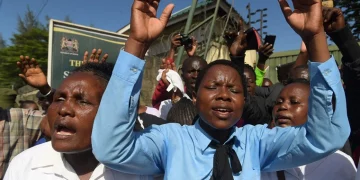





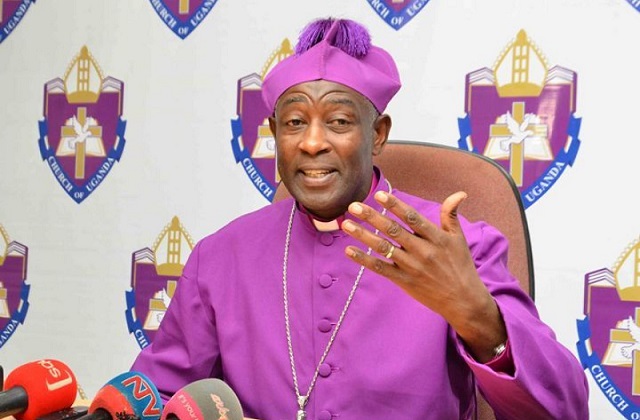



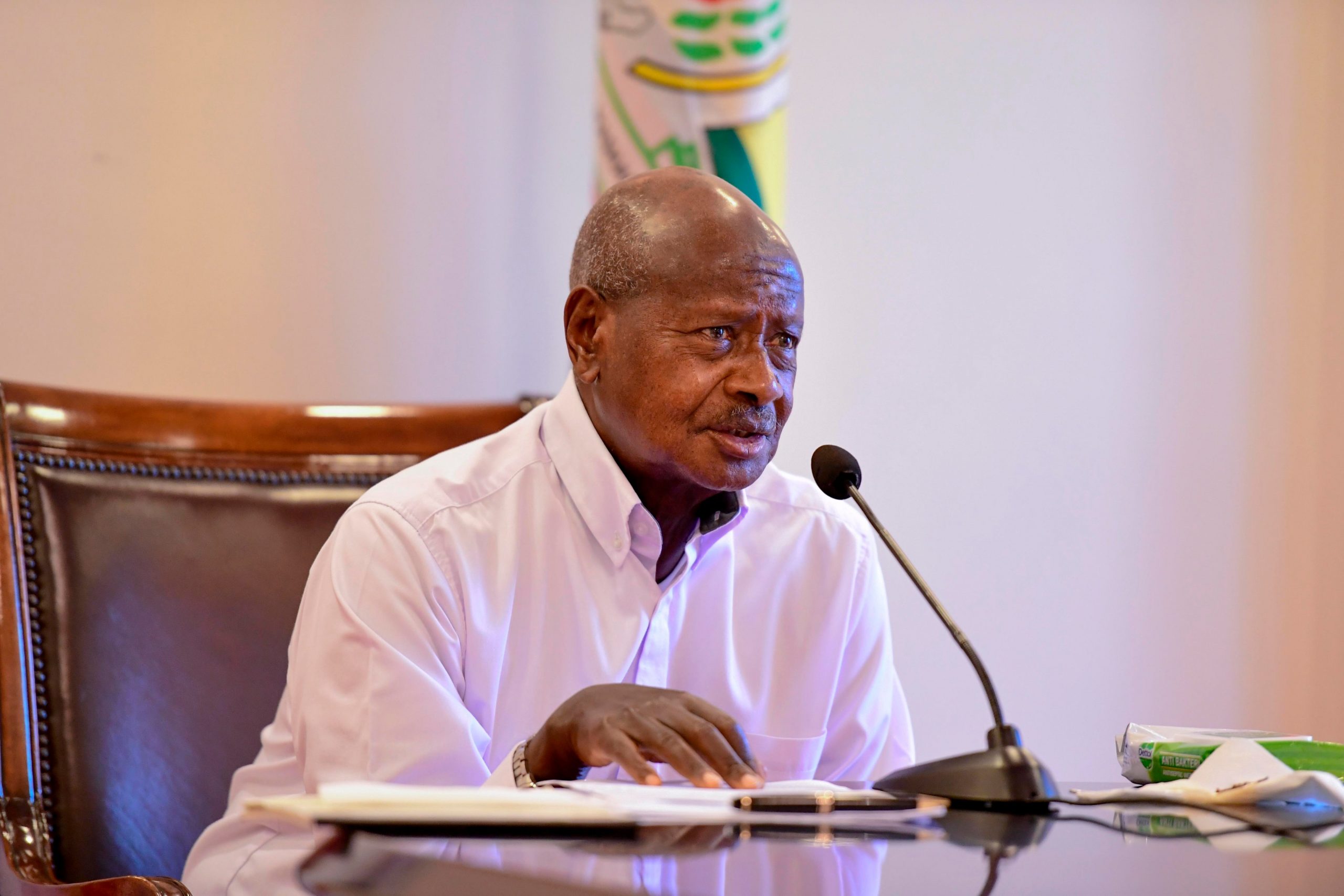



















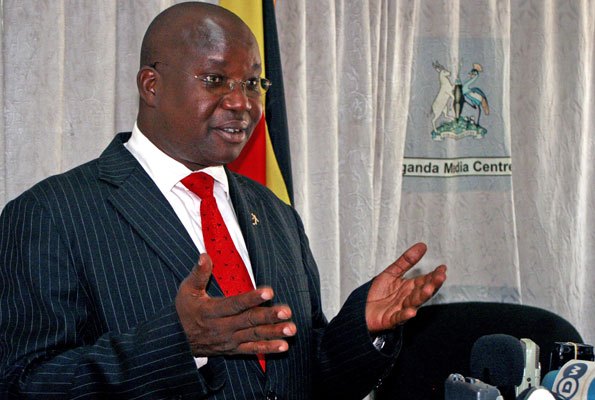

Discussion about this post